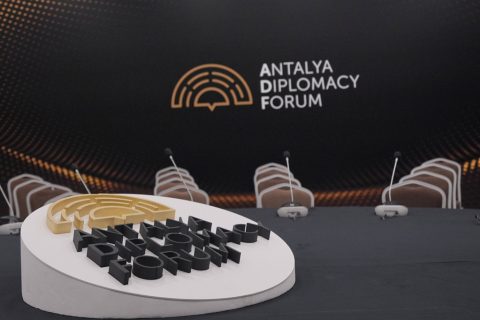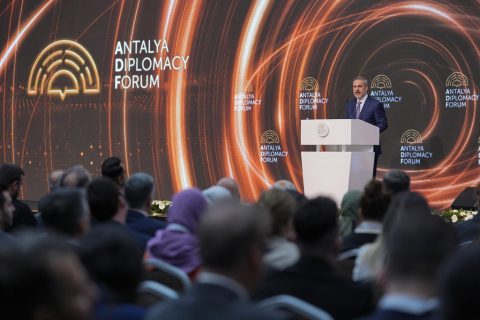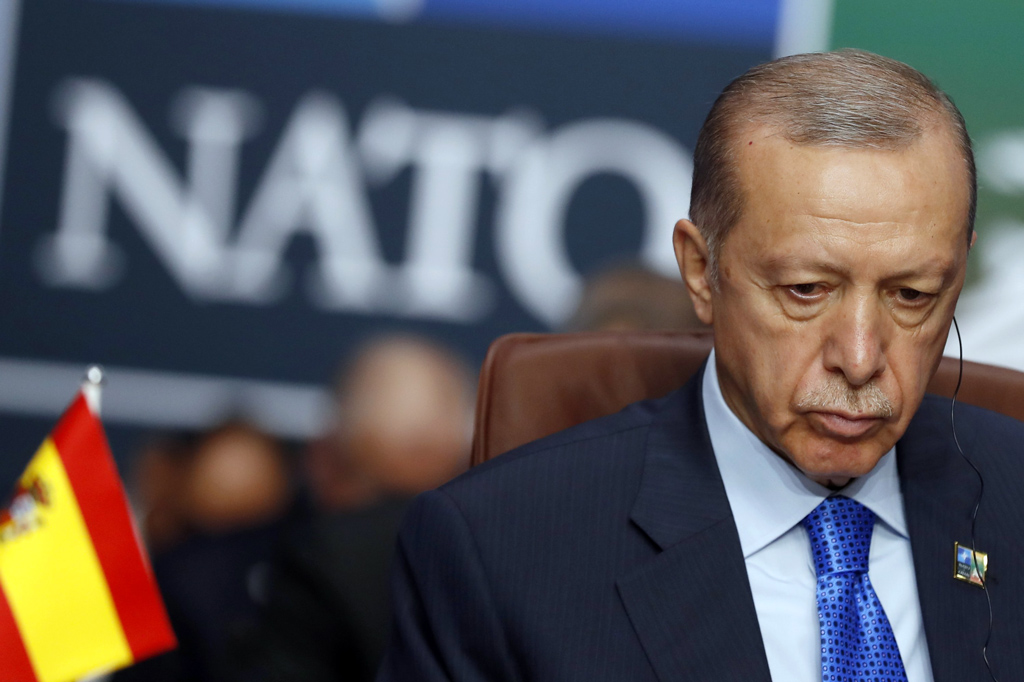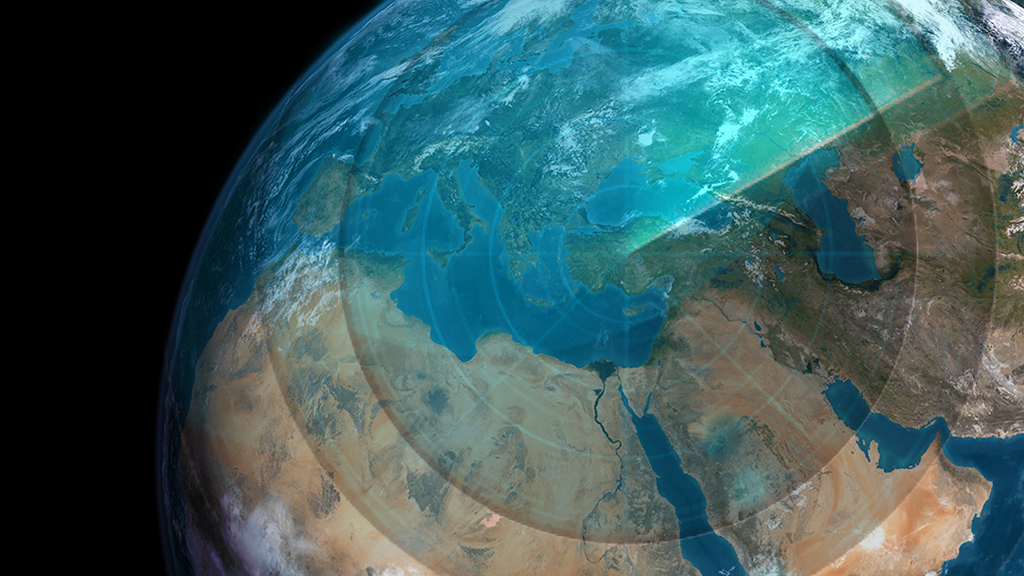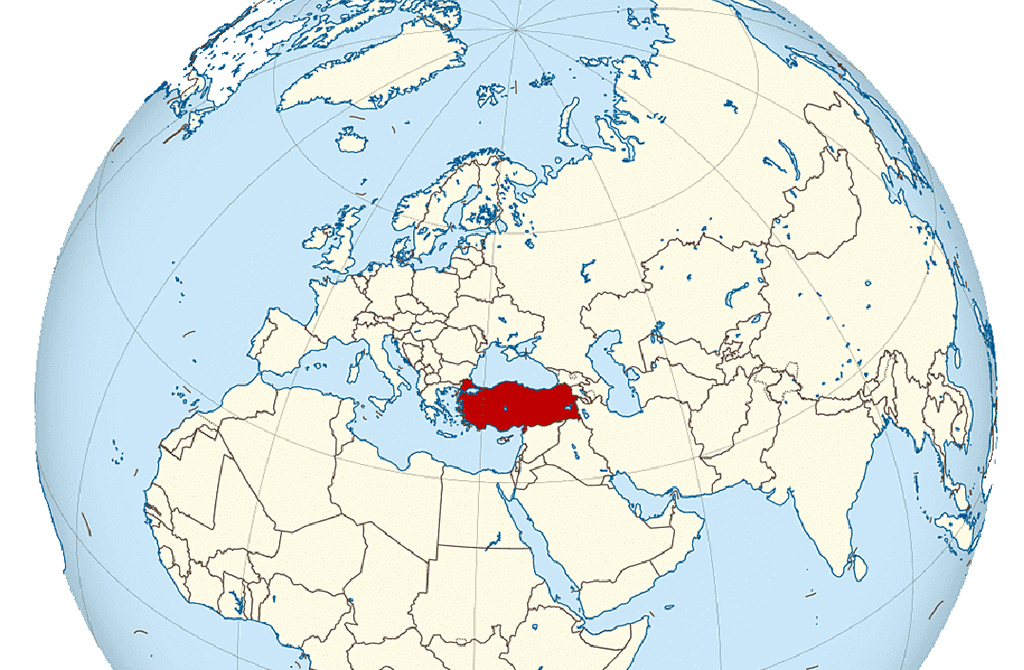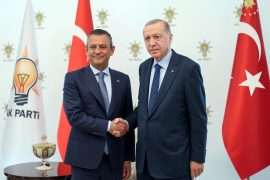Russia-Ukraine War

The ‘tragedy’ of US policy vis-a-vis Israel
| OpinionThe Biden administration seems to have at least temporarily succeeded in preventing Iran’s direct attack …
-
Opinion
The ‘tragedy’ of US policy vis-a-vis Israel
By Kadir ÜstünThe Biden administration seems to have at least temporarily succeeded in preventing Iran's direct attack on Israel from escalating into an uncontrolled war. The White House conveyed the message to Israel through various channels that any attack on Iran should be 'proportional,' also signaling to the Netanyahu government that US support for Israel would be limited to defense. With the assistance of the United States, the United Kingdom, and Jordan, Iran's UAVs and missiles were intercepted before reaching Israeli airspace, making the job of the Iron Dome relatively easier. However, Iran's low-intensity and controlled attack with low-cost weapons demonstrated that in a more 'real' war, Israel's task would be far from easy. The attack, which brought the urgency of Israel's defense to the forefront, seems to pave the way for a vote on a long-delayed aid package for Israel, Ukraine, and Taiwan in the House of Representatives. The fact that American foreign aid could reach the approval stage thanks to the attack on Israel indicates how much the issues that bring Republicans and Democrats together have decreased.
-
Opinion
ADF 2024: Proactive diplomacy against challenges
By Burhanettin DuranI attended the Antalya Diplomacy Forum on Friday. Bringing together politicians, diplomats, academics, journalists and think tankers from 147 countries, the event has already claimed a respectable place among the world’s leading platforms.
-
Opinion
Antalya Diplomacy Forum and Türkiye’s choice
By Kadir ÜstünOver the weekend, I had the opportunity to attend the Antalya Diplomacy Forum organized by the Ministry of Foreign Affairs. The forum addressed numerous issues concerning Türkiye's foreign policy priorities, with a particular focus on the reconstruction of the international system in an era of regional instability and global challenges. The theme of rebuilding the international system in the post-World War II era, based on 'rule-based' principles established by the United States, stood out as a central topic. However, it's evident that this system has failed to effectively address problems or maintain stability in today's world. Amidst discussions highlighting this fundamental issue, it was clear that Türkiye is seeking grounded leadership through realistic assessments of diplomacy's possibilities and limitations.
Bu Konuda Daha Fazla
-
Where is Turkish foreign policy headed in 2024?
By Burhanettin DuranAs uncertainty, competition and conflict gain momentum within the international system, Türkiye engages in diplomacy to play a more defining role in global and regional crises.
-
SETA Security Radar: Türkiye’s international and regional agenda
By Murat YeşiltaşThe current international landscape is experiencing a profound transformation, marked by escalating crises and increasing globalization of conflicts. Amidst intensifying global and regional competition and growing uncertainties, we find ourselves in an era of widespread anxiety. Predicting the future in such times is a formidable challenge, yet it’s crucial to envision what the world of tomorrow might resemble. Addressing today’s challenges requires both study and foresight. "SETA Security RADAR: Türkiye’s Geopolitical Landscape in 2024" aims to project the future trajectory of Türkish foreign, security, and defense policies in light of current dynamics.
-
SETA Security Radar | Türkiye’s Geopolitical Landscape in 2024
By Murat Yeşiltaş By Bilgehan Öztürk By Gloria Shkurti Özdemir By Murat Aslan By Kutluhan Görücü By Mehmet Devrim By Mehmet Çağatay Güler By Tunç Demirtaş By Sibel Düz By Rıfat ÖncelIn this new volume of SETA Security Radar, we analyze the main dynamics shaping Türkiye’s security and geopolitical landscape with references to the most significant foreign policy and security issues throughout 2023.
-
2024: A challenging year lies ahead
By Murat YeşiltaşThe events of 2023 have significantly diversified potential geopolitical and strategic scenarios for 2024.
-
Türkiye’s growing geopolitical significance beyond geography
By Burhanettin DuranMerely skimming over the world news, one quickly notices Türkiye’s growing geopolitical significance. Let me elaborate by highlighting four issues, excluding countless others – including migration, armed drones, the Altay tank and Türkiye’s rapprochement with Egypt. Türkiye will host the third international meeting toward the Ukraine peace summit. Ankara pledged to target all PKK terror groups and its Syrian presence YPG assets in Iraq and Syria. Azerbaijan refused to participate in EU-brokered talks with Armenia in Spain, citing Türkiye’s exclusion. Last but not least, the Abu Dhabi-based investment company ADQ is in talks with Türkiye regarding constructing a railroad over the Bosphorus as part of a trade corridor linking Europe with the Middle East and Asia. Obviously, Türkiye’s direct involvement in peace diplomacy, counterterrorism, the South Caucasus region’s stability and energy/logistics corridors does not just relate to its geographical location.

